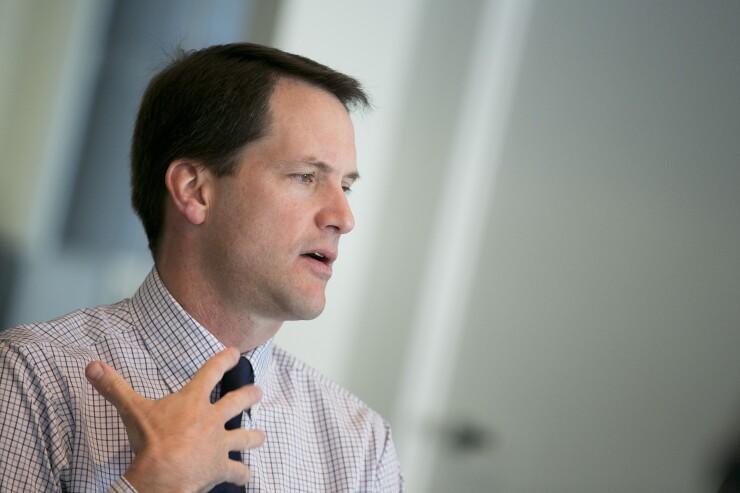WASHINGTON -- As the SEC explores how to craft a fiduciary standard, it faces a political and legal minefield that could impede its efforts.
"Harmonization always sounds good, but there are many moving parts," Richard Roberts, a former SEC commissioner and principal at consulting firm Roberts, Raheb, & Gradler, told attendees at an Investment & Wealth Institute fiduciary conference. The institute
The regulatory landscape has changed dramatically since Trump's election. The Department of Labor proposed delaying implementing the fiduciary rule's best interest contract exemption by 18 months. The rule's other provisions are already in effect. Some state governments, meanwhile, are exploring whether to craft their own fiduciary standard.

In October, SEC Chairman Jay Clayton
-
Mounting regulatory concerns and technology pressures have left advisors looking for outside help, new research shows.
September 15 -
Staying current with where the regulation stands can be hard. Here's what advisors need to know now.
September 14 -
When measured against a standard of care for best interest advice, digital wealth managers fall short, attorney Melanie Fein argues.
September 13
"At the SEC they are beginning on a very long road. The people who are there as it starts likely won't be there when it's completed," Roberts said.
Terms for SEC commissioners Kara Stein and Michael Piwowar end in 2017 and 2018 respectively, though they may continue to serve for up to 18 additional months after their terms expire

SEC commissioners have been divided on whether to create a fiduciary rule, though the SEC has been authorized to craft one since Dodd-Frank was enacted in 2010. Former Chairwoman Mary Jo White cited the complexity of the rule-making process as well as persistent divisions between commissioners as reasons that
That the SEC is due to get two new commissioners may not help much. "That'll make things a little easier but does not lessen partisanship with regard to certain issues," Roberts said.
Another complicating factor: the SEC and Labor Department are operating under different statutes created decades apart.
"Congress created two different laws that have tension between them," said David Tittsworth, counsel at law firm Ropes & Gray and a former president of the Investment Advisor Association.
CASTING DOUBT
Tittsworth, who also spoke at the conference, said that Congress could move to harmonize the fiduciary landscape. But he cast doubt on the likelihood of that outcome.
Conference attendees heard similar doubts from Rep. Jim Himes, a Connecticut Democrat on the House Financial Services Committee.
Himes said a unified fiduciary standard would be a welcome outcome, but cautioned that Washington politics had become much more unpredictability in the age of Trump.
"Oftentimes what we think we will be doing [on any given] day is set aside for whatever is coming out of the Oval Office," Himes said.





